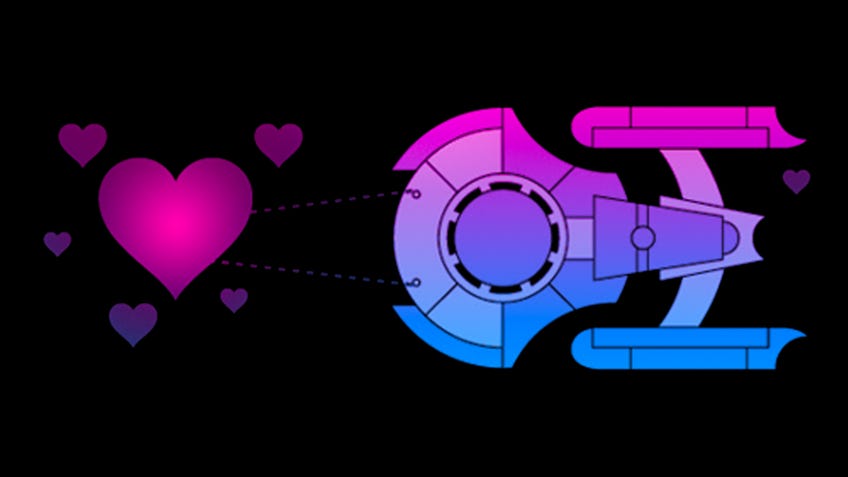Hacks of popular one-page RPG Lasers & Feelings can now be sold after designer opens up licence
Stacks for your hacks.
Tabletop RPGs using John Harper’s Lasers & Feelings as their foundation can now be listed and sold thanks to an update to the game’s creative licence.
Harper, who created Blades in the Dark and co-authored Agon with Sean Nittner, tweeted on March 8th that Lasers & Feelings had been updated to reflect the changes to its legal status.
“I've updated Lasers & Feelings to a simple CC-BY licence. This means you can sell your L&F hacks! Thanks to everyone for supporting the game over the years and making cool hacks.”
A CC-BY licence gives any creator fiat to copy, redistribute, adapt and otherwise change the material to suit their own purposes, as long as they provide appropriate credit to Harper and Lasers & Feelings somewhere in the material. This is about the most open a creative commons licence can get and will allow creators to market and sell games built upon the mechanical structure of Lasers & Feelings, earning a profit from such work.
The original game was published by Harper in 2013, drawing its name from a song by The Doubleclicks and providing a one-page RPG about the crew of the spaceship Raptor whose captain has been struck by an unknown illness, leaving the group to fend for themselves. It was designed to be lightweight and adaptable, moulding genres and expectations to fit whatever the table playing it wanted to experience.
The narrative-forward thrust of play and emphasis on failures being not just inevitable but interesting precludes Harper’s later work, but given the sheer amount of hacks and adaptations (seriously, so many) it’s clear plenty of other designers were also inspired by Lasers & Feelings’ presentation.
For those unfamiliar with the term, “hack” refers to the process of stripping a title down to its mechanical bones in order to build their own experience on top. Often, some of these core parts will be changed to fit the designer’s vision but an overall resemblance remains.
More information about how to properly attribute future hacks can be found on a devlog update to Lasers & Feelings’ Itch.io page. Harper ends it with a short acknowledgement: “Thanks for all your support, and for all the amazing hacks you've made over the years.”


